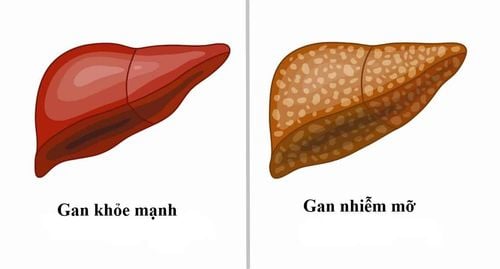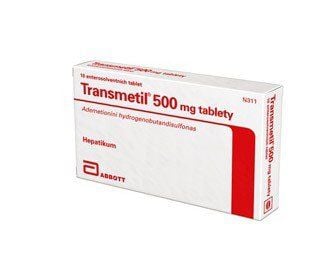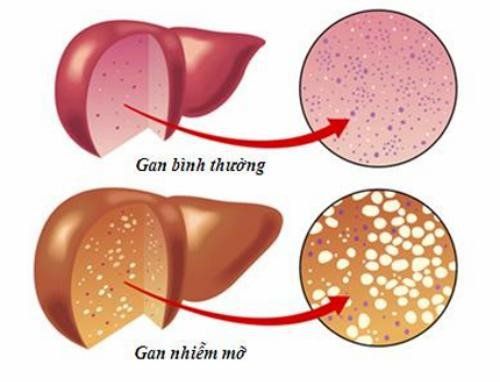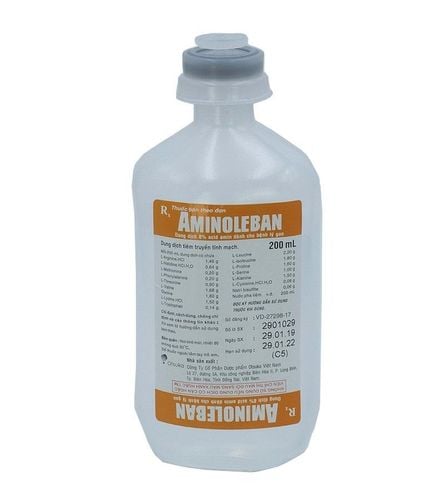The article is professionally reviewed by Pharmacist Nguyen Huy Khiem - Department of Pharmacy, Vinmec Times City International Hospital
Paracetamol and non-steroidal anti-inflammatory drugs (NSAIDs) are two commonly used groups of medications for reducing fever in patients. Both are primarily metabolized in the liver before being eliminated from the body.
1. Considerations when using anti-pyretics for Patients with liver disease
In patients with liver diseases, the ability to metabolize and eliminate medications is impaired. This increases the risk of adverse effects from anti-pyretics. Therefore, for patients with compromised liver function, the following precautions should be taken to ensure safety and effectiveness:
Prioritize non-medical methods to reduce fever: Patients can try the following methods to lower body temperature and alleviate discomfort caused by fever: Sponge the body with a warm towel (especially under the arms and in the groin area); wear light, breathable clothing; drink adequate amounts of Oresol solutions or fruit juices, to prevent dehydration and electrolyte imbalance.
Use Medications Only When Necessary (≥ 38.5°C): Fever is often a beneficial response that helps the immune system combat infections. However, when the body temperature exceeds 38.5°C, it can lead to complications such as severe dehydration, electrolyte imbalance, seizures, or shock... In these cases, active measures (eg, using antipyretics) are recommended.
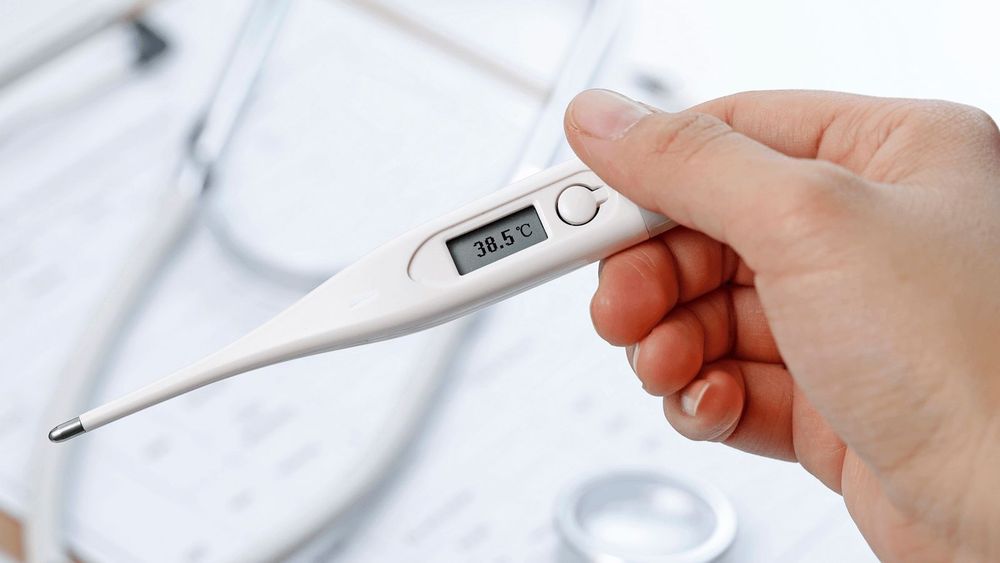
Choose the right medication and adhere to guidelines on dosage:
The first-line antipyretic is paracetamol (acetaminophen). For patients with liver dysfunction or a history of alcohol abuse, the maximum recommended daily dose is 2000 mg/day (compared to 4000 mg/day for individuals with normal liver function). This limitation is due to the reduced glutathione reserves in the liver, which help neutralize toxic byproducts of paracetamol metabolism. Without adequate glutathione, there is a heightened risk of liver damage or acute liver failure even with normal dosage of paracetamol. Additionally, it’s essential to carefully check the composition and dosage of antipyretics to avoid accidental overdose, especially when combining different drugs containing paracetamol.
- NSAIDs, such as ibuprofen and aspirin (acetylsalicylic acid), are another commonly used group of antipyretics. The typical dose of ibuprofen is 400 mg per dose (not exceeding 3200 mg/day), and for aspirin, it is 325–1000 mg per dose (not exceeding 4000 mg/day). However, since the liver plays a key role in metabolizing these drugs, impaired liver function can lead to drug accumulation and an increased risk of side effects, such as gastrointestinal bleeding, kidney toxicity, and worsening symptoms of ascites or edema in patients with cirrhosis. For this reason, NSAIDs are not recommended for patients with advanced liver disease or cirrhosis.
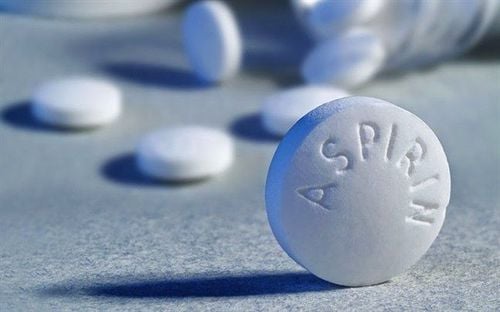
If a patient experiences fever lasting longer than 3 days without a clear cause, persistent high fever (>39.5°C) unresponsive to treatment, or severe symptoms alongside the fever, it is essential to consult a healthcare provider promptly to identify the cause and determine the appropriate treatment.
Vinmec International Hospital offers comprehensive liver and biliary screening packages to detect liver diseases early, even before symptoms appear. These packages include:
- Assessment of liver function through enzyme tests.
- Evaluation of bile function and vascular nutrition.
- Early screening for liver cancer.
- Comprehensive blood tests, clotting tests, and hepatitis B and C screening.
- Imaging studies, such as ultrasound, to evaluate liver health and identify risk factors for liver disease or complications.
Analysis of parameters assessing liver and bile function through laboratory tests and imaging studies, identification of risk factors affecting liver health, and early screening for liver and bile duct cancer.

To arrange an appointment, please call HOTLINE or make your reservation directly HERE. You may also download the MyVinmec app to schedule appointments faster and manage your reservations more conveniently.

